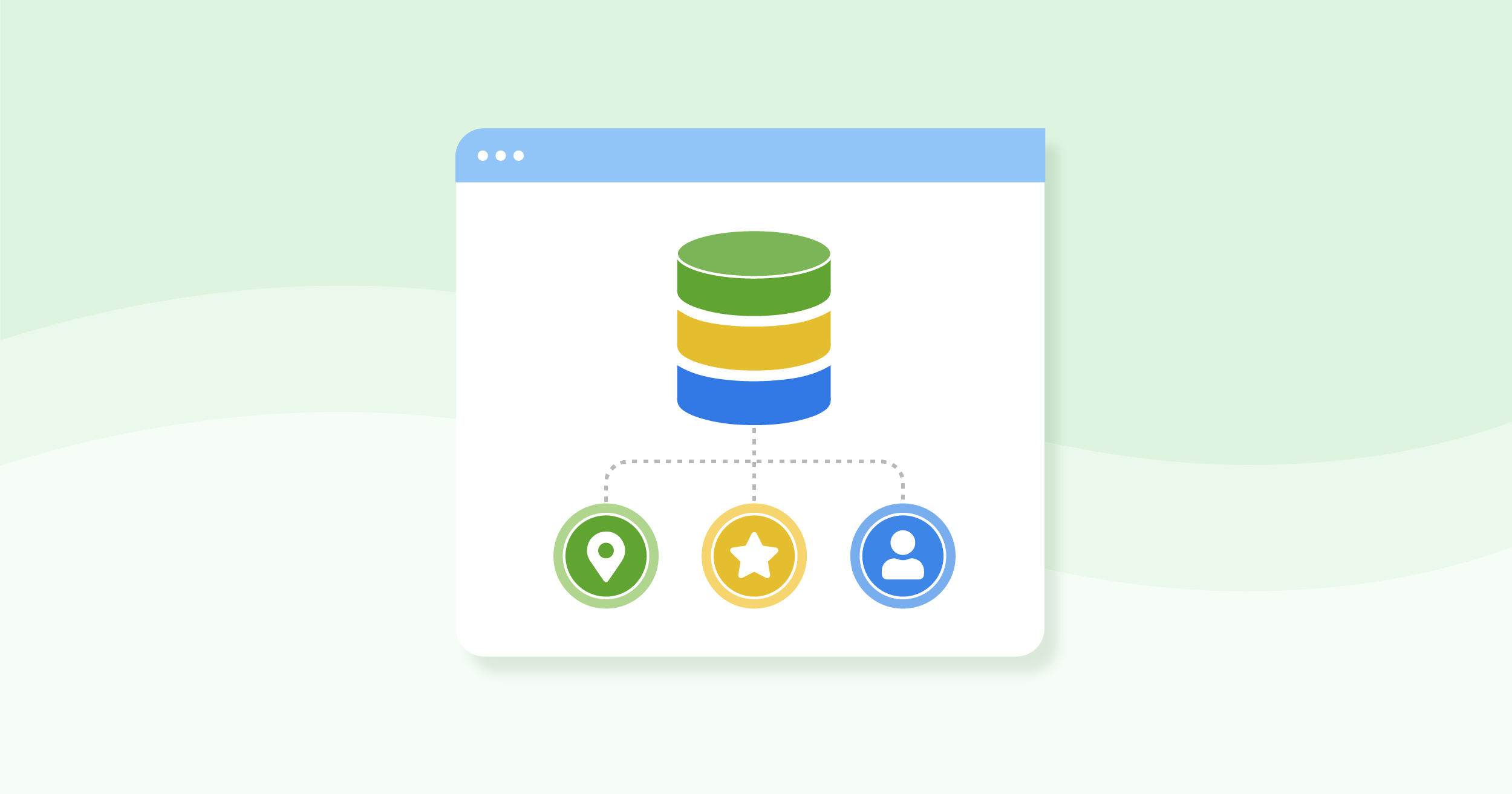Structured data is essential for enhancing web content visibility. Two popular formats are JSON-LD and Microdata.
Understanding the differences between JSON-LD and Microdata can help improve your site’s performance. Both formats offer unique advantages for creating rich snippets that make your content stand out in search results. In this blog post, we’ll explore the details of each format, discuss their benefits, and help you decide which one is best for your website.
Whether you’re new to structured data or looking to optimize your current setup, this deep dive will provide the insights you need. Let’s start by understanding what JSON-LD and Microdata are and why they matter for your SEO strategy.

Credit: developers.google.com
Quick Navigation
Introduction To Structured Data
Structured data is like a hidden treasure map for search engines, helping them understand your website content better. By adding structured data, you can significantly enhance your site’s visibility and its chance of appearing in rich snippets. This guide will dive into the differences between JSON-LD and Microdata, two popular methods for implementing structured data.
Importance For Seo
Structured data is crucial for SEO because it allows search engines to understand your content more accurately. This understanding can lead to better indexing and ranking on search engine results pages (SERPs).
Think about it—when search engines know more about your content, they can display it more prominently and attractively. This could mean showing your product details, reviews, or even recipe instructions directly in the search results. More visibility often translates to higher click-through rates and more traffic.
Have you ever wondered why some search results have images, ratings, or other extra information? That’s the magic of rich snippets, powered by structured data. Implementing structured data can help you stand out in the crowded search results.
Types Of Structured Data
There are several types of structured data, but the two most common are JSON-LD and Microdata. Both have their unique features and use cases.
JSON-LD (JavaScript Object Notation for Linked Data): This is a lightweight data format that’s easy to read and write. It’s embedded in a script tag within the HTML of your webpage. JSON-LD is preferred by Google because it’s simple to implement and maintain.
Microdata: This method involves embedding metadata within the HTML content itself. It uses HTML tags and attributes to define elements and their properties. While Microdata is powerful, it can make your HTML code look cluttered and harder to manage.
Choosing between JSON-LD and Microdata depends on your specific needs and technical comfort level. JSON-LD is easier for beginners and is the recommended format by Google. However, if you need more control over your HTML, Microdata might be the better choice.
Have you experimented with both types? Which one did you find easier to implement? Share your experiences in the comments below!
Structured data can seem daunting at first, but once you get the hang of it, the benefits are immense. Ready to give your SEO a boost?
Json-ld
Json-Ld (JavaScript Object Notation for Linked Data) is a popular method for adding structured data to your web pages. It helps search engines better understand your content and enhances your chances of getting rich snippets in search results. Let’s dive into its advantages and how you can implement it.
Advantages
Json-Ld is easy to implement. You can add it directly to your HTML without altering the HTML structure. This means less work and fewer chances of breaking your existing code.
Another advantage is that it keeps your data separate from your HTML. This makes it easier to manage and update. Imagine you need to update your product prices. With Json-Ld, you can do this without touching your main HTML code.
Json-Ld is also the recommended format by Google. This means better compatibility and support for your SEO efforts. More often than not, following Google’s guidelines can lead to better search engine performance.
Implementation
To implement Json-Ld, you need to add a script tag in the head section of your HTML. This script should contain your structured data in JSON format. Here’s a simple example:
This simple block of code provides detailed information about a product. It tells search engines everything they need to know, from the name and image to price and availability.
Remember to validate your Json-Ld with Google’s Structured Data Testing Tool. This ensures that your code is error-free and ready to be crawled by search engines. The tool is user-friendly and provides instant feedback.
By using Json-Ld, you make your site more attractive to search engines and users. What’s stopping you from trying it out? Start enhancing your web pages today and watch your SEO efforts pay off!
Microdata
Microdata is a set of tags used to nest metadata within existing content. It works within the HTML code, providing a way to structure data. This helps search engines understand and display your content better in search results. Microdata is embedded directly into your HTML, making it easy to add to your website.
Advantages
Microdata is simple to use. You don’t need to learn a new syntax. It integrates directly into your HTML. This makes it easier for search engines to read and index your content. Improved indexing can lead to better visibility in search results. Microdata also supports a wide range of schemas. This gives you flexibility in how you describe your content. It ensures your data is understood by different search engines.
Implementation
To implement Microdata, add specific attributes to your HTML tags. Start with the itemscope attribute. This defines the scope of the Microdata. Then, use the itemtype attribute to specify the type of item. Add itemprop attributes to define properties of the item. For example:
This example defines a person with a name, image, job title, phone number, and email. Each property uses the itemprop attribute. This tells search engines about the content’s structure. Implementing Microdata enhances the visibility of your content in search results.

Credit: agencyanalytics.com
Json-ld Vs. Microdata
Structured data can give your website a significant boost in search engine visibility. But when it comes to implementing structured data, you have two primary options: Json-Ld and Microdata. Both can help you create rich snippets, but they have their own pros and cons. Let’s dive deeper into Json-Ld vs. Microdata.
Key Differences
Json-Ld and Microdata serve the same purpose but do so in different ways. Json-Ld stands for JavaScript Object Notation for Linked Data. It’s a script you add to your HTML, usually within the section. This keeps your content and structured data separate, making your code cleaner and easier to manage.
Microdata, on the other hand, is embedded within your HTML tags. This means you add specific attributes to your existing HTML elements. While this can make your code look cluttered, it keeps the structured data close to the content it describes.
A key difference is the ease of use. Json-Ld is typically easier to implement and maintain. You can easily update or remove it without touching your existing HTML. Microdata might require you to edit multiple places within your HTML, which can be more time-consuming.
Choosing The Right Format
So, which one should you choose? It depends on your needs and technical comfort level. If you prefer a clean separation between your content and structured data, Json-Ld is your best bet. It’s easier to update and less prone to errors. Plus, Google recommends Json-Ld for structured data.
However, if you need your structured data to be tightly coupled with your content, Microdata might be the way to go. It’s embedded directly into your HTML, which can be beneficial for certain types of content management systems.
Consider what you find easier to manage. Do you want to keep your HTML as clean as possible? Go for Json-Ld. Do you prefer having everything in one place? Microdata might be more suitable.
Ultimately, the right choice depends on your specific situation. Take the time to assess your website’s needs and your own comfort level with each format. What works best for you and your team? By choosing the right format, you can ensure your structured data is effective and easy to manage.

Credit: www.matrixbricks.com
Conclusion
Choosing between Json-Ld and Microdata depends on your needs. Json-Ld offers simplicity and ease of implementation. Microdata integrates directly within HTML, providing structure. Both enhance rich snippets and improve SEO. Consider your current setup and future goals. Test each method to find the best fit.
Remember, structured data boosts visibility and user experience. Make an informed decision to optimize your site effectively.
Last Updated on March 22, 2025 by JADigital Editorial

